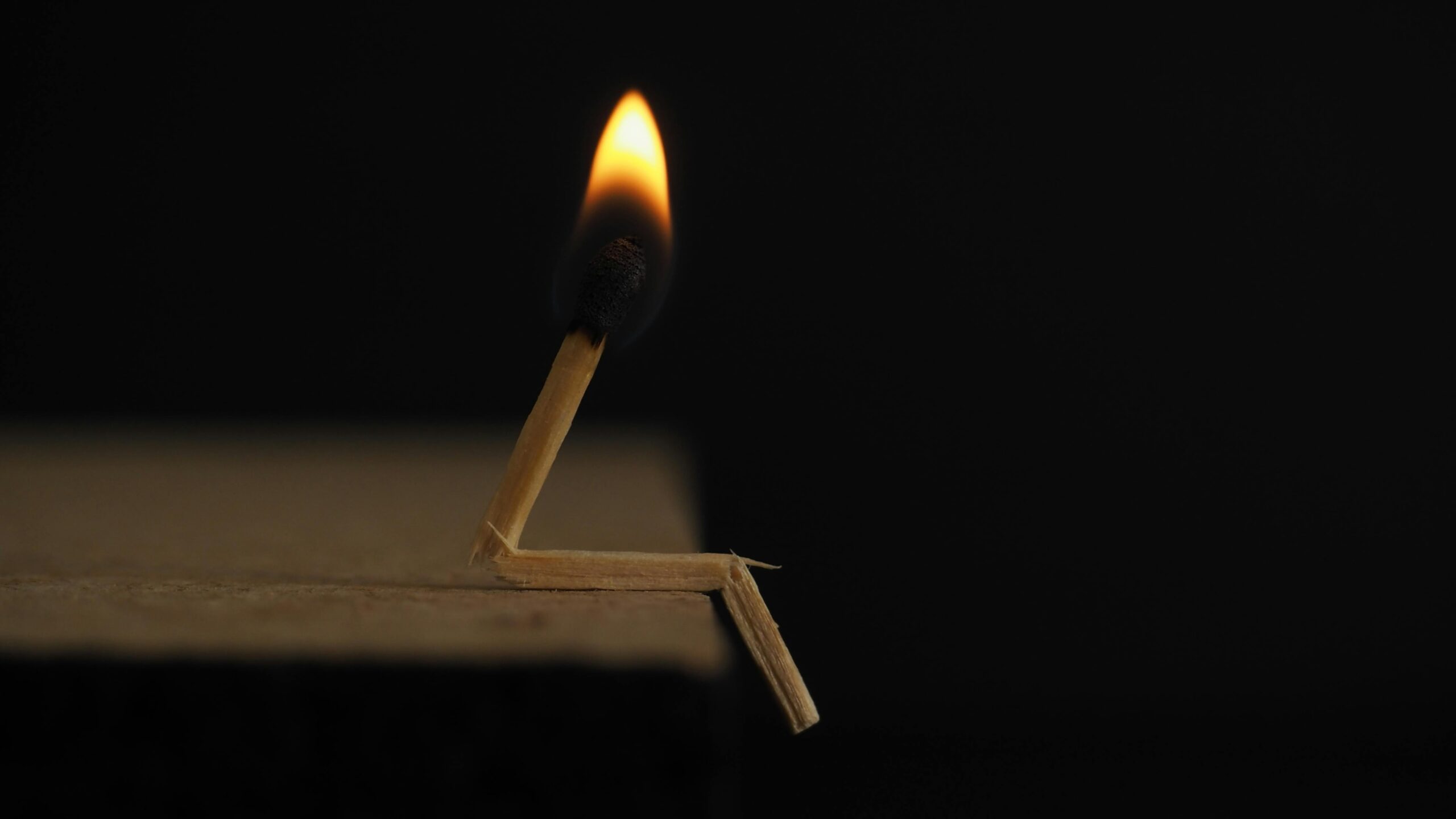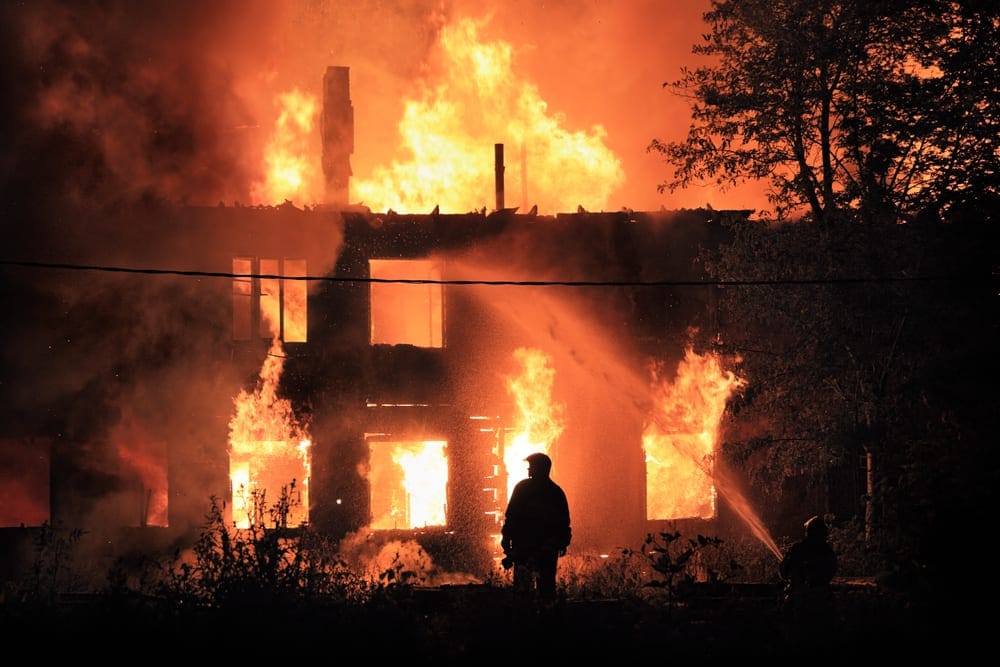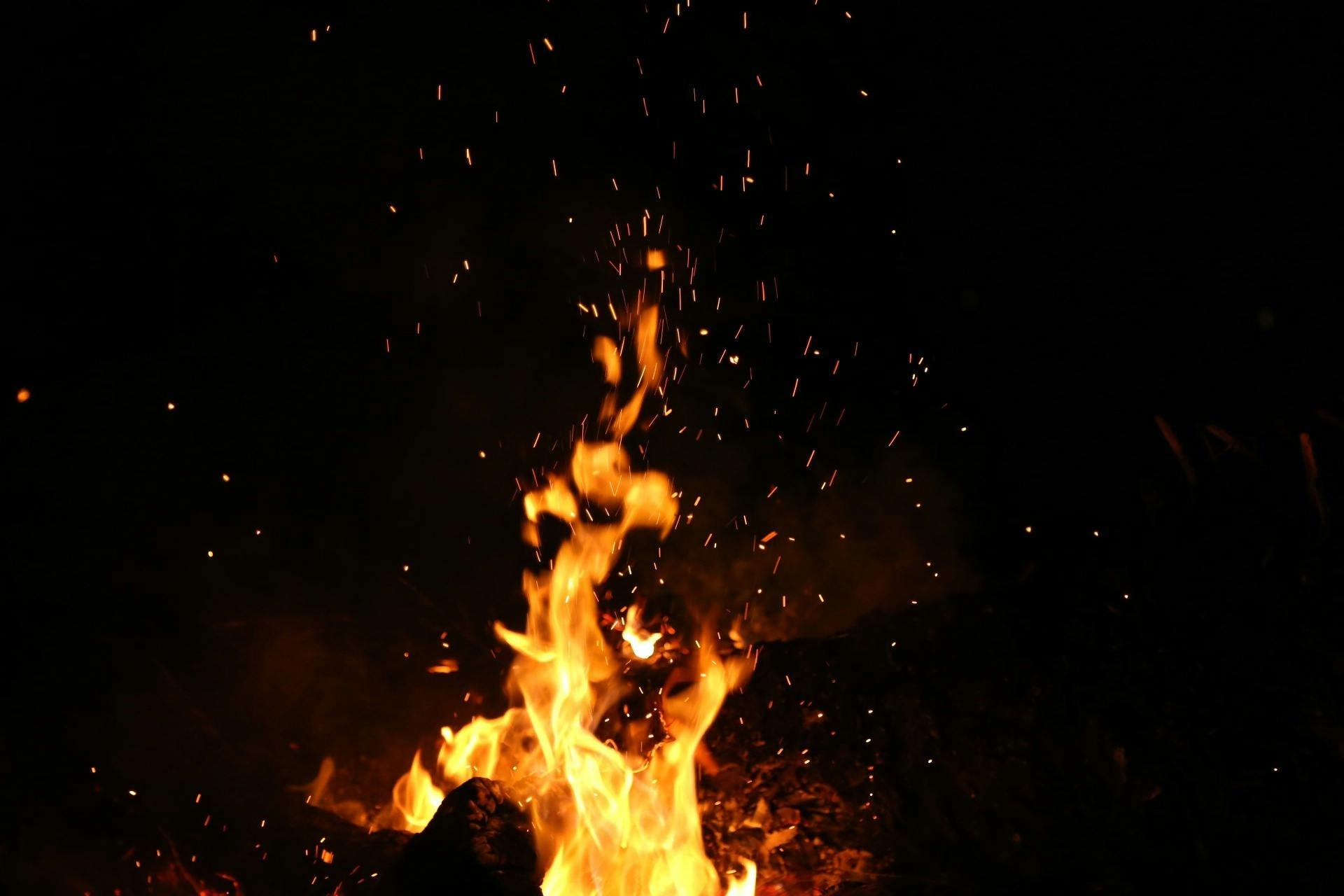
No one expects to suffer burn injuries in the place they call home. However, the consequences can be devastating when a fire erupts in an apartment complex or rental unit due to poor maintenance or unsafe conditions. Tenants may face not only physical pain but also mounting medical bills, lost wages, and emotional distress. In such situations, many renters wonder: Can tenants sue for burn injuries caused by unsafe housing?
Tenants may have grounds to sue if the fire was preventable and the landlord’s negligence contributed to the unsafe conditions. Landlords are legally obligated to protect tenants by ensuring that rental properties meet safety standards and are free from fire hazards and dangerous conditions. When landlords fail to uphold their legal duty, Courts may hold them legally responsible.
Let’s explore what rights tenants have, the laws that protect them, and how to seek fair compensation for severe injuries caused by unsafe rental housing.
Landlord’s Legal Duty to Prevent Burn Injuries
Every landlord has a legal duty to protect tenants from foreseeable harm. This includes taking reasonable steps to ensure rental properties are safe, structurally sound, and equipped to prevent injuries like burns, broken bones, or fall accidents.
Key responsibilities of landlords include:
- Maintaining smoke detectors and fire extinguishers
- Responding promptly to repair requests
- Fixing broken locks and ensuring adequate security measures
- Addressing faulty wiring and heating systems
- Complying with building safety codes
When a landlord fails to fulfill these obligations and a tenant suffers burn injuries as a result, the landlord can be held liable. For instance, if a landlord ignores a tenant’s written notice about exposed wiring or a broken smoke detector, and a fire later breaks out, that neglect may serve as strong evidence in a personal injury claim.
Common Causes of Burn Injuries in Rental Properties
Many fires and burn injuries in rental housing stem from poor maintenance or outright neglect. Unsafe conditions may seem minor at first, but they can lead to catastrophic outcomes if left unaddressed.
Common hazards include:
- Faulty wiring: Old or exposed wiring increases the risk of electrical fires.
- Lack of smoke detectors: Failure to install or maintain smoke detectors prevents early warnings.
- Broken steps and poor lighting: These increase the risk of falls, fires, and other hazards during emergencies.
- Blocked exits: Locked or obstructed emergency exits violate fire safety codes.
- Gas leaks: Poorly maintained stoves, water heaters, or gas lines can explode or ignite fires.
If the fire that caused your injuries resulted from these or other hazardous conditions, your landlord may be held liable.
What Makes a Landlord Liable for Tenant Injuries?
To hold a landlord liable, tenants must show that the landlord’s action or inaction directly led to the burn injuries. This typically requires proving negligence.
Here’s what proving negligence involves:
- Legal duty: The landlord had a responsibility to keep the rental unit safe.
- Breach of duty: The landlord failed to meet safety standards (e.g., didn’t fix broken locks or respond to a reported hazard).
- Causation: The landlord’s failure caused the tenant’s injuries.
- Damages: The tenant suffered physical, financial, or emotional harm.
Documentation strengthens your case. Maintenance records, written notice to the landlord, lease or rental agreement terms, and photos of the unsafe conditions, prior complaints, all help show that the property owner neglected their responsibilities.
For example, a landlord who failed to repair a broken smoke detector despite several written notices may face legal consequences if a fire caused by faulty wiring results in tenant injuries.
Laws That Protect Tenants From Unsafe Conditions
Tenants have legal protections when landlords fail to maintain safe living conditions. Across the U.S., several laws exist to ensure rental units remain habitable and free from fire hazards, dangerous conditions, and other risks that cause tenant injuries.
Implied Warranty of Habitability
This legal principle applies in nearly every state and requires landlords to keep rental properties livable and secure. Landlords must fix hazardous issues, like faulty wiring, broken smoke detectors, or structural problems, that could endanger tenant safety. If a landlord fails to do so, they violate this warranty, and tenants can pursue legal action.
- In California, Civil Code §1941.1 outlines the minimum requirements for habitability. Landlords must maintain safe electrical systems, working smoke detectors, and adequate heating. Fire hazards like exposed wires or malfunctioning appliances directly breach this duty.
- In Nevada, NRS 118A.290 requires landlords to ensure premises meet basic health and safety standards. That includes keeping the property in good repair, supplying proper utilities, and complying with building and fire codes.
State Building Codes and Fire Safety Regulations
State and local building codes govern everything from smoke detector placement to structural integrity. These codes require landlords to install and maintain fire safety equipment, ensure emergency exits are clear, and address fire hazards like inadequate lighting or blocked pathways. When landlords ignore these regulations, they violate state law and risk being held liable.
Premises Liability Law
Premises liability law holds property owners accountable when hazardous conditions on their property cause injuries. If a tenant suffers burn injuries due to the landlord’s negligence, such as failing to repair faulty wiring or ignoring written complaints, courts can hold the landlord liable for resulting damages, including medical bills, lost wages, and emotional distress.
Laws differ by state, but one principle stays the same: Landlords are legally obligated to protect tenants from foreseeable harm. Whether you live in California, Nevada, or elsewhere, your state likely has statutes that support your right to a safe, properly maintained rental unit.
Tenant Rights After Suffering Burn Injuries
If you’re an injured tenant, you have the right to seek compensation for your losses. Burn injuries often lead to severe physical trauma, including scarring, nerve damage, and permanent disability. They also result in emotional distress, serious injury, and financial hardship.
As a tenant, you can seek damages for:
- Medical expenses: Including emergency care, surgeries, rehabilitation, and ongoing treatment
- Lost wages: If the injury prevents you from working
- Property damage: If your belongings were destroyed in the fire
- Pain and suffering: Emotional trauma and lifestyle disruptions
- Future health issues: Including complications from burn injuries
You don’t need to face this burden alone. Understanding your legal options helps you take control of your recovery and demand fair compensation from negligent landlords.
Steps to Take After Burn Injuries in a Rental Property
Knowing what to do after a fire can make a major difference in the legal process. Here are essential steps for tenants who suffer burn injuries in rental properties:
- Seek medical attention immediately. Keep all medical records and document your injuries, including visible burns or other serious health issues.
- Notify the landlord in writing. Report the incident and unsafe conditions that led to the fire.
- Preserve evidence. Take photos of the damage, hazardous conditions, or faulty appliances involved in the fire.
- Request maintenance records. You may need to prove that the landlord’s failure to act caused your injuries.
- Review your lease agreement. It may outline safety expectations and responsibilities that support your claim.
- Track all expenses. This includes medical bills, lost wages, and any out-of-pocket costs.
- Seek legal advice from a qualified burn injury lawyer.
Tenants have the right to pursue a personal injury lawsuit if evidence shows the landlord’s negligence played a role. The goal is not only to recover compensation but also to hold property owners accountable and prevent injuries to other tenants.
When Landlords Try to Avoid Responsibility
Some landlords attempt to dodge responsibility by blaming tenants, delaying repairs, or claiming they weren’t notified. But the law doesn’t allow landlords to ignore safety risks or sidestep their legal obligations.
Landlords cannot:
- Ignore fire safety issues like poor lighting or broken steps
- Fail to maintain smoke detectors or fire extinguishers
- Deny responsibility despite receiving written notice
- Avoid complying with safety codes or taking reasonable steps to prevent fires
Even if the landlord claims the fire was accidental or blames it on the tenant’s actions, they may still be liable if they failed to provide adequate security measures or maintain the rental unit properly.
Know Your Rights and Seek Justice
Burn injuries caused by unsafe housing can alter a tenant’s life in an instant. No one should suffer such trauma because a landlord failed to maintain their legal duty. Whether due to faulty wiring, broken locks, or fire hazards left unaddressed, landlords who ignore safety standards put lives at risk.
If you or a loved one has suffered burn injuries in a rental unit, don’t carry the burden alone. You are entitled to fair compensation to help cover medical expenses, lost wages, and emotional distress. Taking legal action not only helps you rebuild but also ensures that property owners are held accountable for their actions or failures.
Bourassa Law Group is here to help injured tenants understand their rights and take the next step toward justice. Contact us today for a free consultation and get the legal support you deserve.





